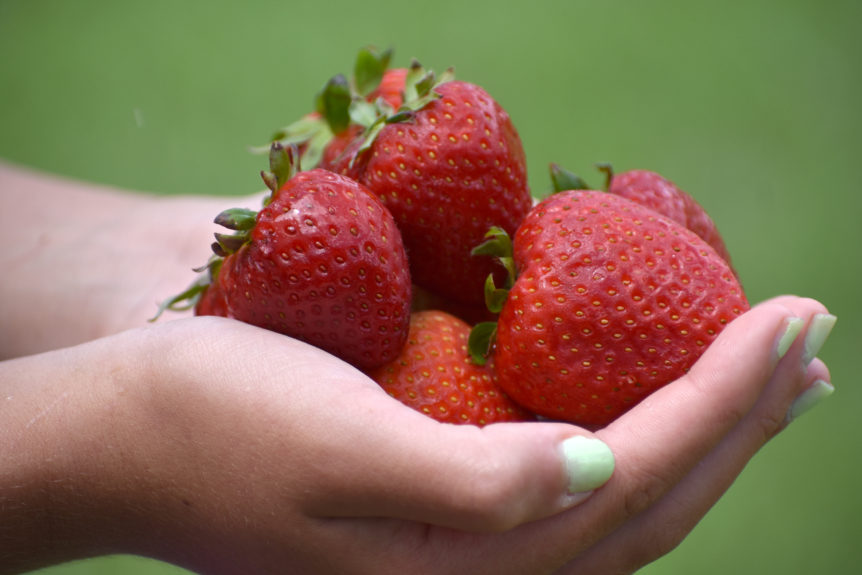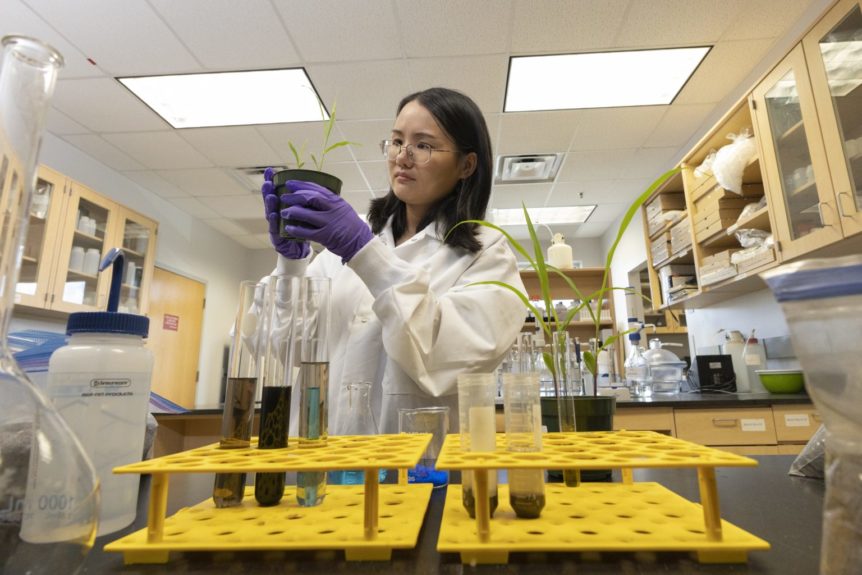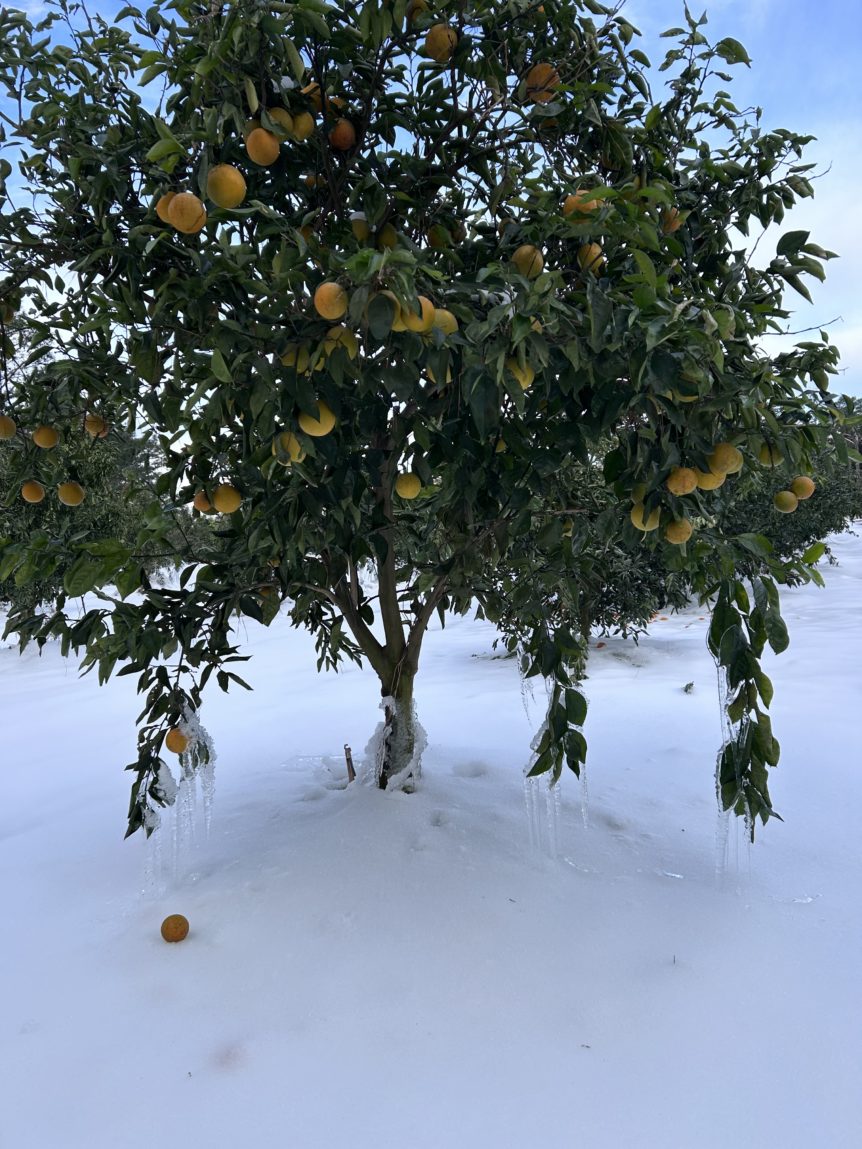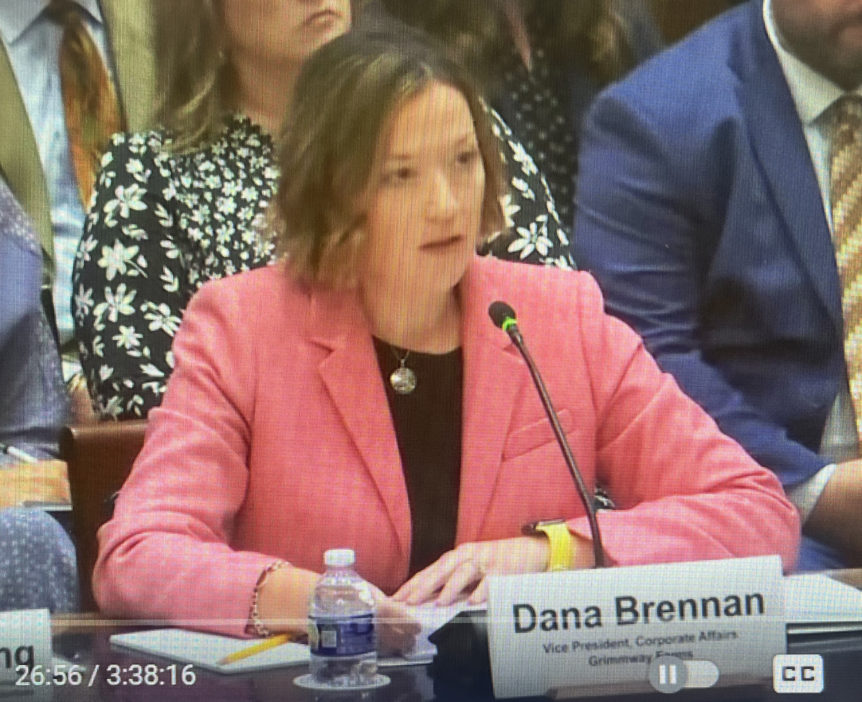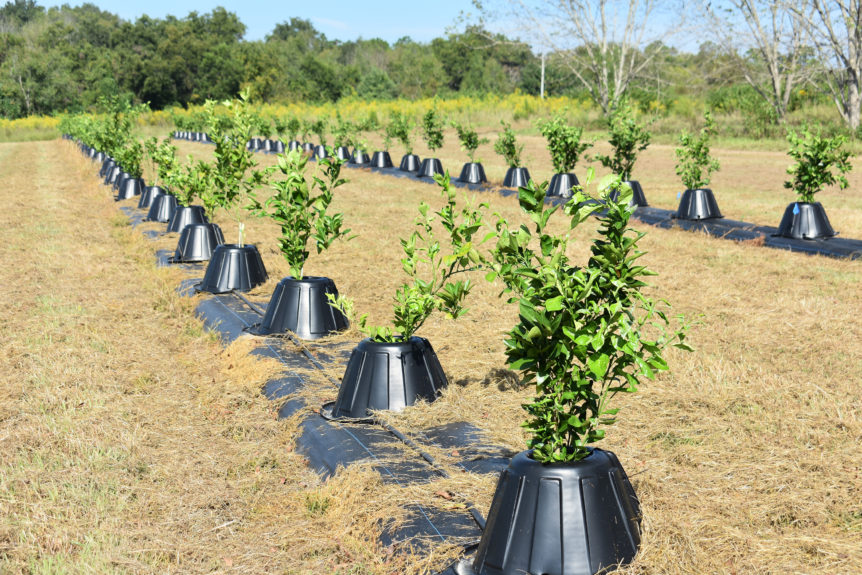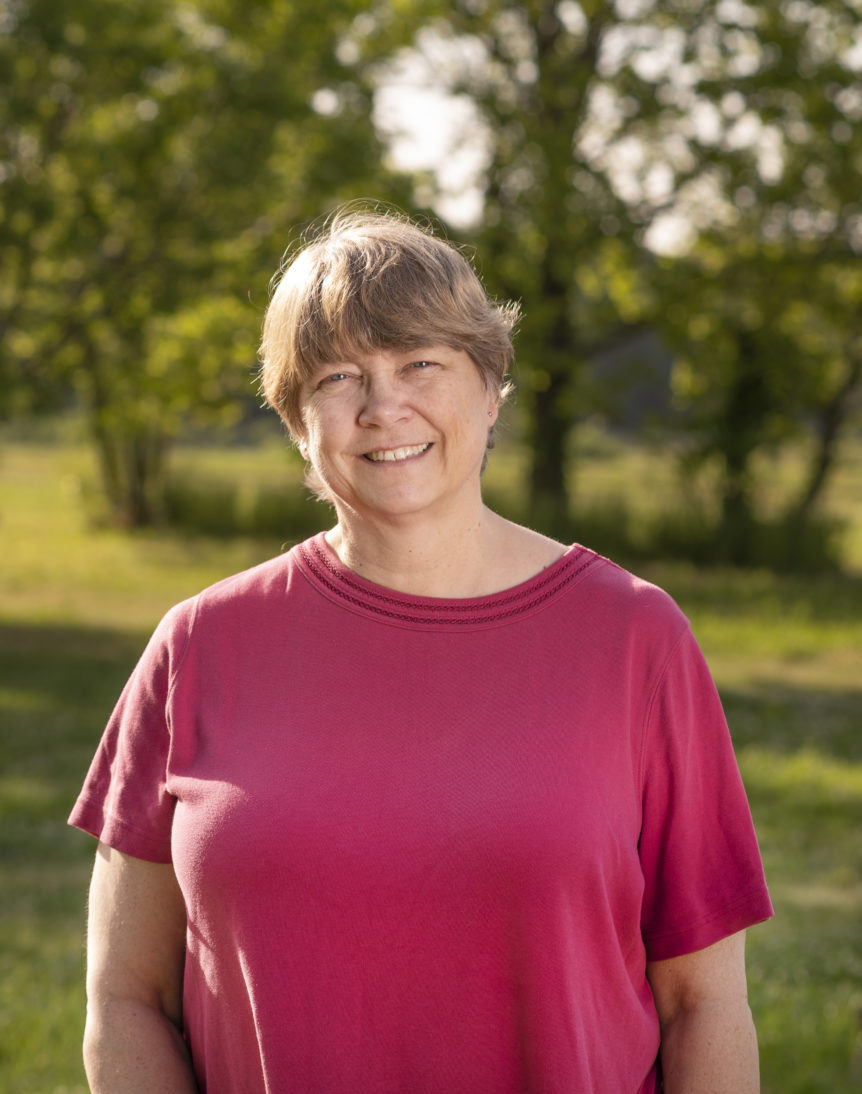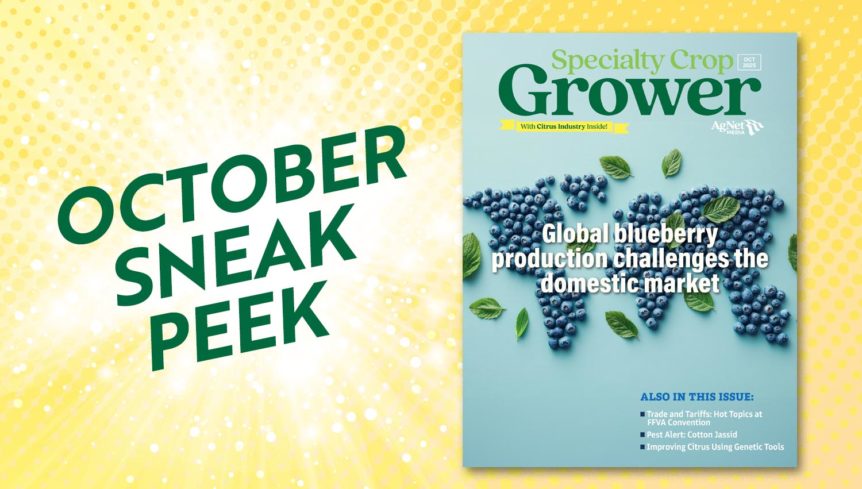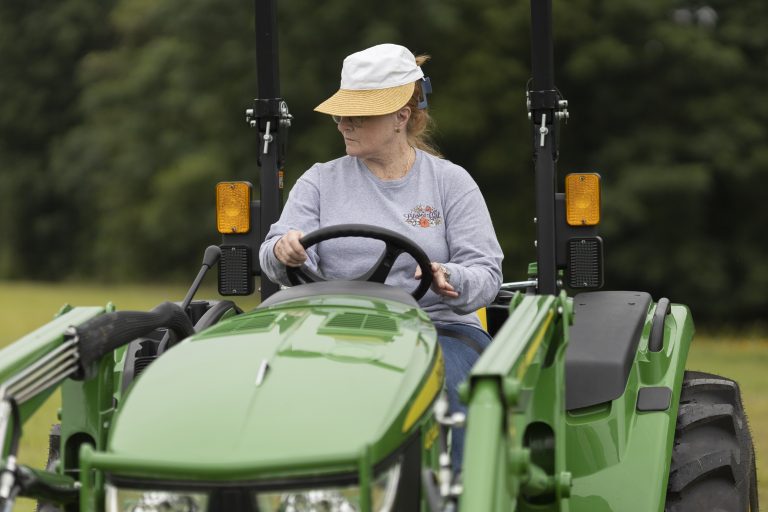By Clint Thompson How Southeast strawberry growers manage their crops for Neopestalotiopsis (Neo) this year will largely depend on the cleanliness of the plants being brought into the region and the history of the disease in their fields. Phil Brannen, University of Georgia (UGA) Cooperative Extension fruit disease specialist, highlighted the disease and current management strategies in the UGA Extension …
Fort Pierce Research Center to Host Open House
The University of Florida Institute of Food and Agricultural Sciences (UF/IFAS) Indian River Research and Education Center (IRREC) will host its annual open house on Nov. 1 from 9 a.m. to 2 p.m. at 2199 South Rock Road in Fort Pierce. It will offer tours of the research facility, interactive workshops and glasses of fresh orange juice. The event provides …
Freeze Tolerance Is Key to Diversification
Freeze tolerance is a focal point of citrus studies conducted at the University of Florida Institute of Food and Agricultural Sciences (UF/IFAS) North Florida Research and Education Center in Quincy. As citrus production continues to grow in the cold-hardy citrus region, growers need varieties that are able to withstand prolonged periods of sub-freezing temperatures. Leading that research is Muhammad Shahid, …
Specialty Crop Hearing: Congressional Assistance Needed for Mechanization Research
By Clint Thompson Labor needs remain the top concern for specialty crop growers. That means investments in automation and mechanization are vital to a producer’s long-term success. But that’s easier said than done, explains Dana Brennan, vice president, corporate affairs with Grimmway Farms. Brennan was part of a panel that testified recently during a special hearing on the State of …
Blood Oranges Could Be Profitable Option for Cold-Hardy Citrus Producers
Blood oranges may be an enticing fruit to grow for cold-hardy citrus producers in North Florida, South Georgia and South Alabama. Muhammad Shahid, assistant professor of horticulture at the University of Florida Institute of Food and Agricultural Sciences (UF/IFAS), highlighted his blood orange research during the Cold-Hardy Citrus Field Day and Workshop at the North Florida Research and Education Center …
Specialty Crop Industry Leaders Sound Off on Tariffs During Ag Committee Hearing
By Clint Thompson Tariffs implemented by the Trump Administration this year have been widely praised by some and heavily criticized by others. All will agree they have been impactful one way or another, especially with certain specialty crops destined for exports. The House Committee on Agriculture recently hosted a special hearing on the State of the Specialty Crop Industry. One …
Best is Yet to Come? GAC President Discusses Recent Labor Rulings
By Clint Thompson The specialty crop sector scored major victories with recent court and legislative rulings regarding labor. There’s hopefully more to come for Southeast growers, with Florida and Georgia being the top two users of the H-2A program. Georgia Agribusiness Council (GAC) President Will Bentley discussed the recent developments during last week’s Georgia Ag Labor Forum in Tifton, Georgia. …
Soak It In: Almost Half of Tropical Season Left
By Clint Thompson Just because a hurricane or tropical system has not impacted the Southeast so far this year doesn’t mean that they won’t. Not with tropical season lasting until Nov. 30. Not with water temperatures still favoring development. Pam Knox, University of Georgia (UGA) Extension agricultural climatologist, discussed the current tropical season and reminded farmers in Florida, Georgia and …
Sneak Peek: October 2025 Specialty Crop Grower Magazine
The October issue of Specialty Crop Grower Magazine highlights blueberries and how global blueberry production is challenging the domestic market. Increased production in other countries challenges Southeast production to supply the demand. Zhengfei Guan, associate professor of economics with the University of Florida Institute of Food and Agricultural Sciences says over the past 15 years, global blueberry production has more …
From Risk to Rescue: Life-Saving Tractor Safety Videos Every Farmer Needs
Agriculture, forestry and fishing combine to make for the most hazardous industries in the United States, with 23 fatalities per 100,000 full-time workers annually, according to the Bureau of Labor Statistics. One of the most dangerous tools in farming is the tractor. A new series of videos from the University of Florida Institute of Food and Agricultural Sciences (UF/IFAS) provides …










